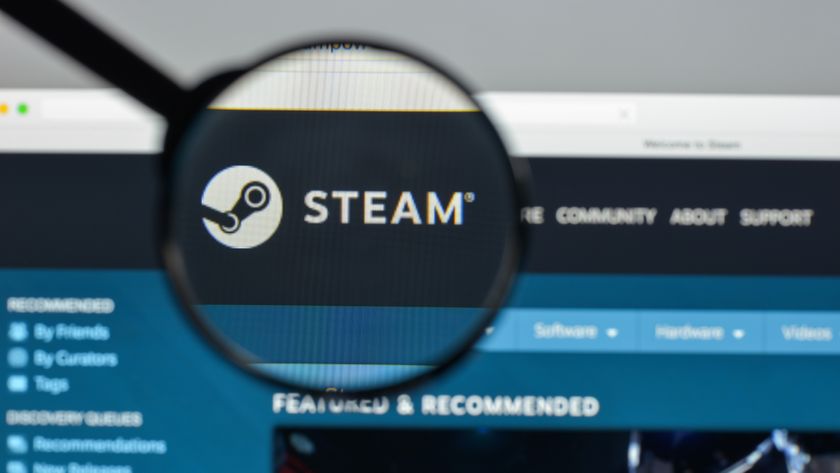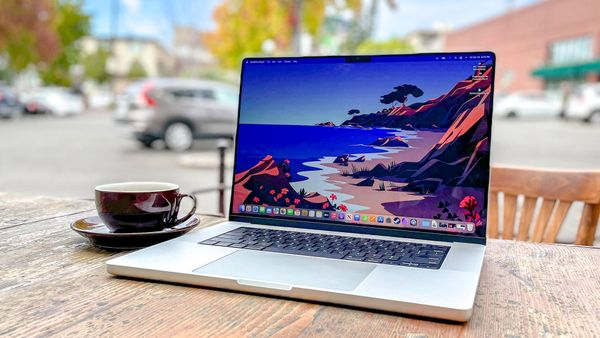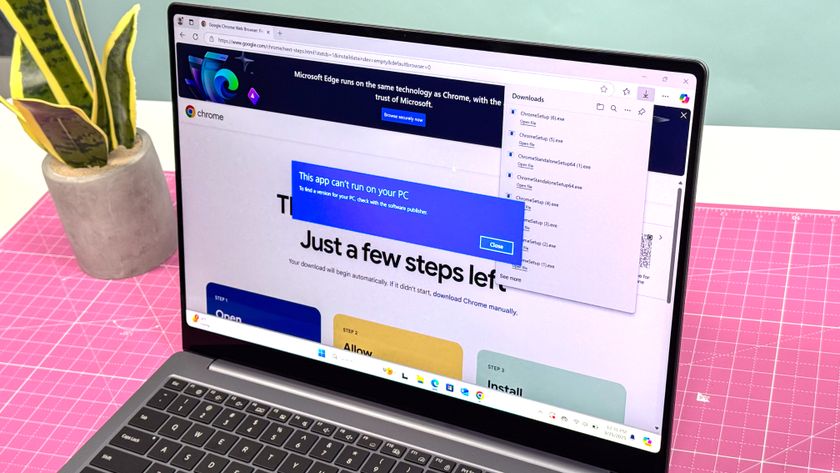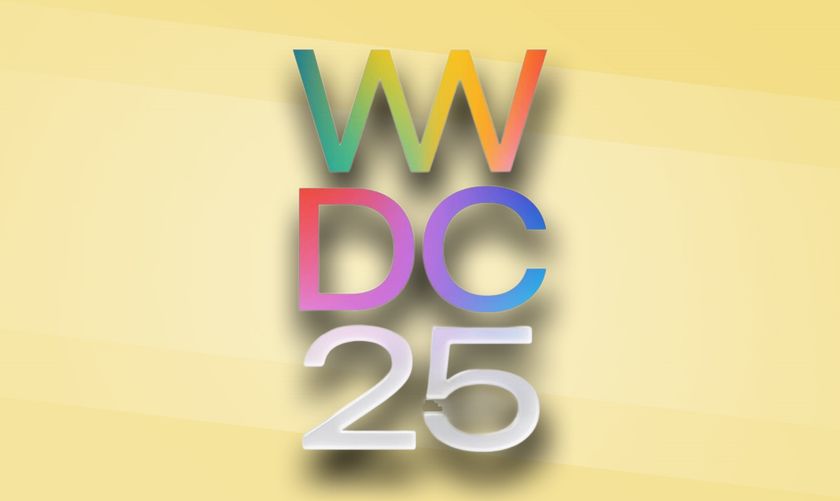Germans Give Out Linux to Windows XP Die-Hards
Windows XP's time is running out as the government of Munich, Germany, urges its citizens to switch over to Ubuntu.

Windows XP's time is running out, but the city government of Munich, Germany, knows one way to mitigate the dying system's security risk: Switch the entire city over to the Ubuntu Linux operating system, specifically Version 12.04 Long Term Support (Precise Pangolin).
Windows XP used to be the world's most popular operating system, and many stalwarts are still hanging onto it, especially overseas. Its lightweight system requirements and wide range of supported software mean that many users have been reluctant to switch over to newer OSes like Windows 7 or 8.
This strategy has worked so far, but will become much harder to support after April 2014, when Microsoft will pull the plug on XP support after almost 12 years. Die-hards can still use XP after that point, although without new security updates, the system will become increasingly vulnerable to harmful malware and malicious hackers.
MORE: Hacking the Internet of Things
The City of Munich does not want a vulnerable populace, and has adopted a fairly aggressive stance on getting XP fans switched over to Ubuntu. In addition to linking users to a free Ubuntu download via its website, city officials have taken to Munich libraries to distribute 2,000 CDs of the open-source operating system.
It's worth noting that the City of Munich voted to switch all government systems to Linux more than a decade ago, and has done its best to excise Microsoft from city computers in the last 10 years.
Ubuntu is one of the easiest Linux systems to install (some Linux builds are considerably harder to get up and running), although citizens of Munich who take the plunge will have to rely on their own wits and the Internet's vast resources to get them started. While city officials will point them in the right direction, Munich will not provide any tech support for Ubuntu beyond distributing the product.
Sign up to get the BEST of Tom's Guide direct to your inbox.
Get instant access to breaking news, the hottest reviews, great deals and helpful tips.
For those who have never used it, Ubuntu is a type of the free, open-source Linux OS. Ubuntu is one of the simpler Linux systems to use, and the system looks and functions a lot like Windows. Once users get the system up and running, they will find that many of their everyday clients — like Firefox for Internet browsing and Thunderbird for email — work just the same as before.
Ubuntu is generally safer than Windows for a number of reasons. By default, Windows XP runs program installations with administrative privileges, meaning that a malicious program could grant itself all kinds of permissions without first asking the user.
MORE: 5 Free PC Security Programs Worth Downloading
The Ubuntu user base is also minuscule compared to that of Windows (although, if the City of Munich has its way, that could change over time). In effect, it's not worth a hacker's time to generate a piece of malware that targets Ubuntu when he or she could find hundreds or thousands more potential victims on a Windows machine.
Of course, none of this should suggest that Ubuntu is completely unaffected by malware, or that converts from Windows can toss online common sense out the window. Ubuntu users need to exercise caution online, the same as anyone else. The primary difference is that they'll be protected until April 2017 — longer if they update to the latest version.
Switching your OS may sound intimidating, but it's not nearly as scary as subjecting yourself to the building library of malware that will debut after the sun sets on Windows XP.
Follow Marshall Honorof @marshallhonorof. Follow us @tomsguide, on Facebook and on Google+.
Marshall Honorof is a senior editor for Tom's Guide, overseeing the site's coverage of gaming hardware and software. He comes from a science writing background, having studied paleomammalogy, biological anthropology, and the history of science and technology. After hours, you can find him practicing taekwondo or doing deep dives on classic sci-fi.












-
JD88 Good to see this happening. Canonical and more specifically Mark Shuttleworth have had some pretty innovative ideas about where the future of tech is heading, yet don't get a whole lot of recognition for it.Reply
Not ignoring positives the other Linux distros of course.
-
daxchunjae02 Yeah but how do you run and/or install games on Ubuntu or Linux or whatever? I'm really curious..Reply -
hannibal Allso it could cause some cost saves in long run and allso mean that Unix environment can be real alternative to windows in long run.Reply -
JD88 Well games have to be native to Linux. Valve recently released Steam for Linux although there aren't that many games for it available yet.Reply
The other option is to use Wine, a Windows emulation tool that allows you to run Windows software on Linux.
I still have a Win 8 dual boot for some of the newest games, but I now play League of Legends, Starcraft 2, and others on Linux using Wine with no difference in experience or performance.
-
dextermat I still have a windows 98 system no virus or anything on it (need it for old printers at work and such)Reply
I don't understand the fuss, worse off, stay with windows xp + deppfreeze or a recovery card.... If you get virus and such, -
hydac7 I would push linux mint debian (LMDE) with mate, it's much more light on old computers and full featured :)Reply -
jimmysmitty Reply11555142 said:Yeah but how do you run and/or install games on Ubuntu or Linux or whatever? I'm really curious..
Steam runs natively on Linux and a lot of VALVes games run on Linux now. But that said there isn't much out there compared to PC because it requires OGL and the majority of games are DX9/11 right now.
11555163 said:Allso it could cause some cost saves in long run and allso mean that Unix environment can be real alternative to windows in long run.
I doubt it. Without reliable support, it wont gain traction. Most common people wont be able to troubleshoot Linux as a lot of it, even Ubuntu, requires familiarity with a command line interface and administrative commands. Hell to install proper graphics drivers in Ubuintu you have to stop the GUI and do it from a command line interface and hope the driver install does not kill the GUI from loading all together.
Ubuntu is not a proper alternative to XP. Honestly those people need to move to 7 as it was on release more secure than XP ever has been and as well the majority of new hardware and software will start to drop support for XP soon and as well Ubuntu wont support the majority of software people want to use, or rather it wont be written for it.
XP is dead. 7 is the way to go at a minimum and 8 is better if you are willing to actually learn.
JD88, I would like to see actual performance numbers as you are running a VM for Windows and I doubt performance is the same as running it directly on Windows. -
rodbowler I have found Linux Mint to be an excellent alternative to XP/7/8.Reply
There are currently 290 games available for Linux within Steam, though only a few AAA titles. Performance on my hardware (Core i5, AMD 7970) is better (Source games) in Mint than in Windows 7.
WINE is not a VM - it is a compatibility layer. When I can get games and other software working within WINE (about 50% of the time for me), the performance is comparable to running under Windows native.
Currently the only Microsoft software I run is Visio 2007, which runs reasonably well in WINE.




